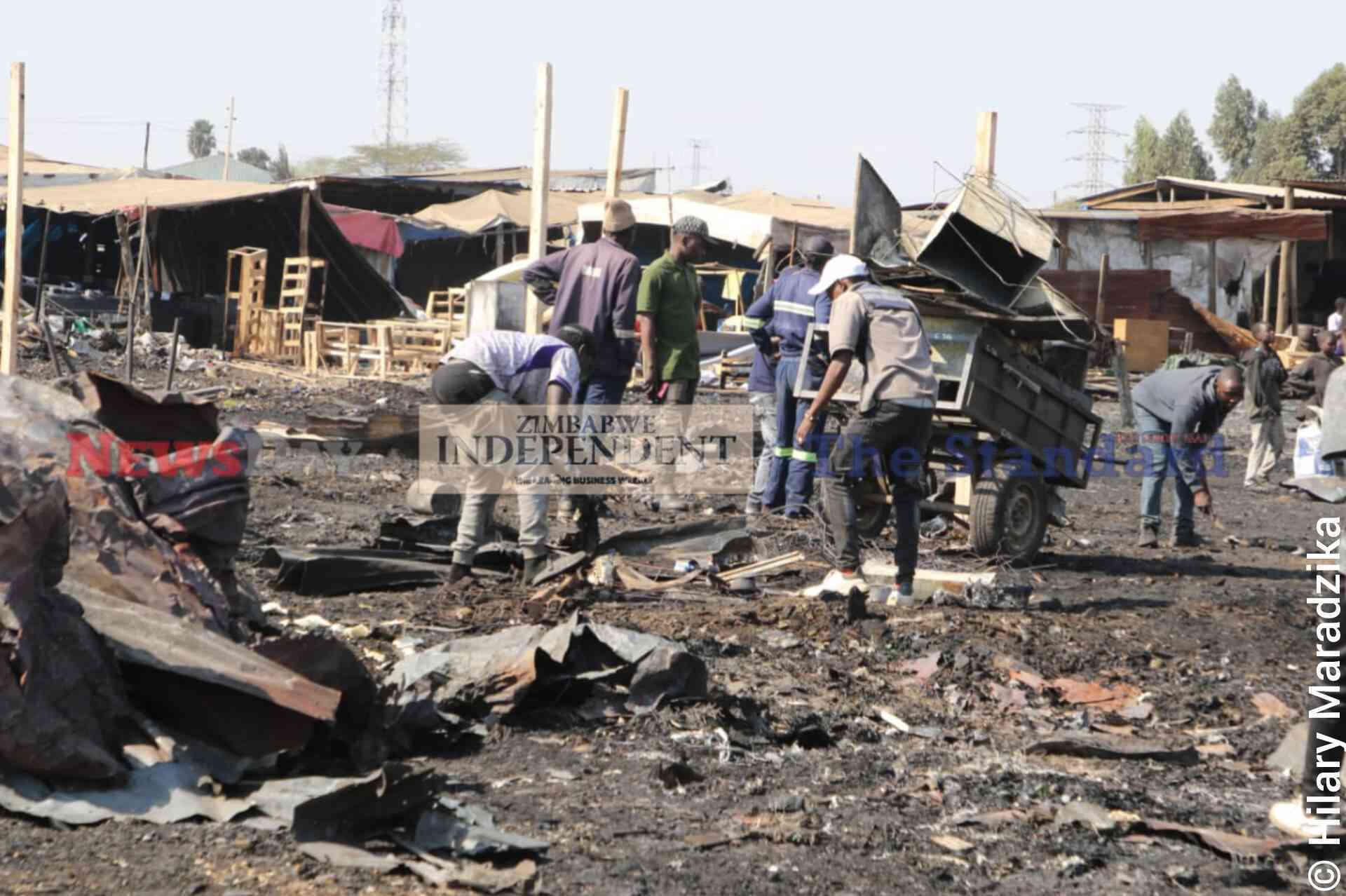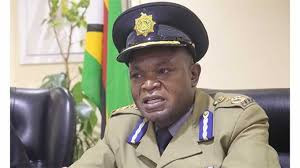
THE government of Zimbabwe is fast moving with its plan to privatise public spaces.
This is usually done just immediately after a disaster like we witnessed in Mbare and more recently Glen View.
Last weekend, fire at the famous Glen View Area 8 carpentry site revealed the deep-seated government intention to privatise these places.
Soon after the inferno, Local Government minister Daniel Garwe visited the area.
He interacted with the victims and promised them that newer and better infrastructure would be constructed before the end of the year.
Garwe intimated that a private player would be engaged and start work in September this year.
The project would put in place modern working facilities that are fire-proof, orderly and conducive for the carpentry projects.
This is not the first time the government has done this.
- Benzema confident Real will reach UCL final
- Rigging exposes widening Mnangagwa, Chiwenga rift
- Health talk: Mental health disorders and demolitions in Zimbabwe
- Munatsi family speaks on banker’s shock death
Keep Reading
Last year, after another inferno at Mbare Musika, the government moved in and gave a contract to a private player to redevelop the market.
The new modern market is still to be opened for business as vendors are still to be allocated stalls.
Beyond the new buildings, there are deeper lying issues — the new age of aggressive privatisation of public spaces.
Harare City Council has, in actual effect, lost not only control, but also revenue after the privatisation.
Private players will now enjoy guaranteed income for the duration of the build, operate and transfer arrangement.
In simple terms, a public space has been turned into a private money-minting machine.
It remains unclear how the local authority benefits from the new arrangements and how it will plug the new revenue hole created by this development.
This process is not new. We have seen it before.
We saw it between 2020 and 2023 during the COVID-19 era.
In the shock of the devastating pandemic, the government introduced changes to public health and public transport.
Private players came in easily under the guise of an emergency.
Private players were allowed to test all those who wanted to travel outside the country.
This was done at a fee far above the commercial rates.
In Harare and other urban centres, private commuter omnibus operators were suspended.
Only Zupco, the national transport utility, was allowed to offer intra- and inter-city operations.
We are also aware that during that period, a private company, Lindela Investments, made millions from the State by supplying buses to Zupco.
However, we are also aware that two years after COVID-19, the new buses are not being seen on the roads.
We all wonder where they disappeared to? But some fact remains — Lindela smiled all the way to the bank.
Naomi Klein in her seminal book Shock and Awe the Rise of Disaster Capitalism paints the same issues stated above.
She explains in her book how the United States uses war (disaster) and in the shock period quickly privatise public entities.
These entities with close ties to the US government make billions in the war ravaged countries.
It is becoming clear that Treasury czar, Mthuli Ncube, a Chicago Boy, has learnt well and is hell-bent on privatising public assets during disasters.
It may be worth to expand on what are Chicago Boys.
These are disciples of Milton Friedman and mostly former students of the Chicago School of Economics.
The Chicago School of Economics believes in privatisation and little government interference in the economy.
They are free market economists.
Ncube is one of them.
Since his getting to the government post following the November 2017 coup, he has introduced austerity measures and started the process of privatising public assets.
Many would wonder what is disaster capitalism about.
Let me take the opportunity to say, Ncube has always used disasters to bring in free market economics to these shores.
First, it was COVID-19 and now the fire disasters that is giving way to the formalisation of the informal traders.
By hook and crook, Ncube is pushing formalisation of trade and slowly crushing out informal trade.
Ncube is also working on the privatisation of energy and water in Zimbabwe.
He has availed funds for the putting up of prepaid meters across all the urban centres.
It is a reality that Zimbabwe is facing a man-made energy and water crisis.
Ncube is thus using the crisis to force privatisation of public utilities.
This has been the disguised strategy.
One more thing, it is becoming clear that the central government is using disasters to usurp the powers of local authorities.
Local authorities have the primary role of distributing water to households, license traders, give route authorities to public transporters and maintain public assets such as grounds, parks, halls and other amenities.
This is the power that is slowly being chipped away from elected councils.
They are being left hollow and simply as implementers of central government policies.
This is against the time proven adage — all politics is local.
We have also learnt that during these disasters, the government does not follow procedures.
It fast-tracks everything.
There are no public tenders advertised, thereby circumventing transparency and accountability.
To demonstrate this, Lindela did not win a tender to supply buses to Zupco.
Private hospitals just got on the lucrative COVID- 19 certificates for foreign travel and so did CBZ Bank in handling passport application processes.
The free market economists are on a roll, but it is time we put a stop to disaster capitalism.
Major economic decisions have to be taken after proper and robust debates and all stakeholders consultations.
It is important that all progressives should unite and confront this monster of disaster capitalism.
We have to reclaim public assets and demand that they are run well.
Parliament should stop the cadre deployment by government to strategic public companies that are being deliberately mismanaged to create grounds for privatisation.
The time is now to stop disaster capitalism or Zimbabweans will wake up back in the feudal ages.
- Paidamoyo Muzulu is a journalist based in Harare. He writes here in his personal capacity.










